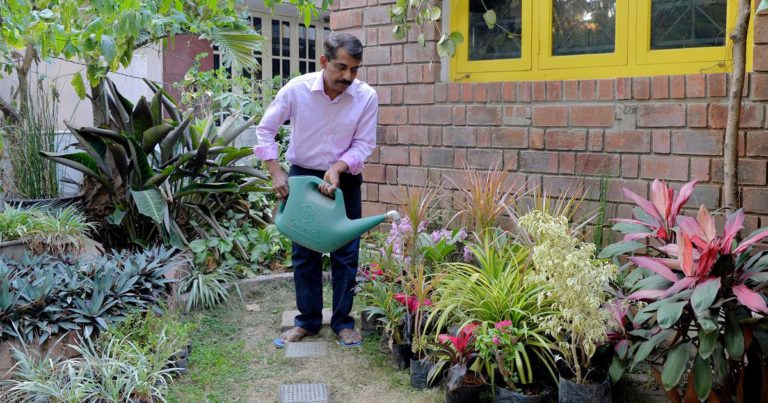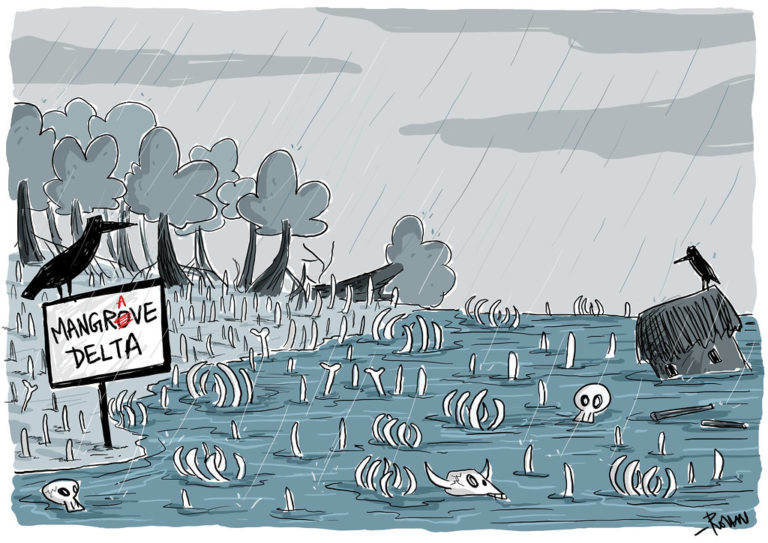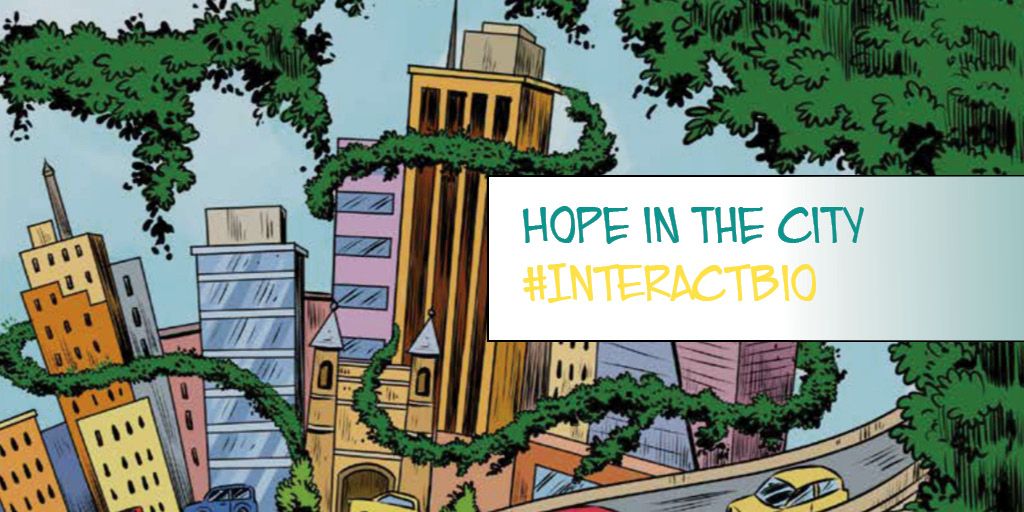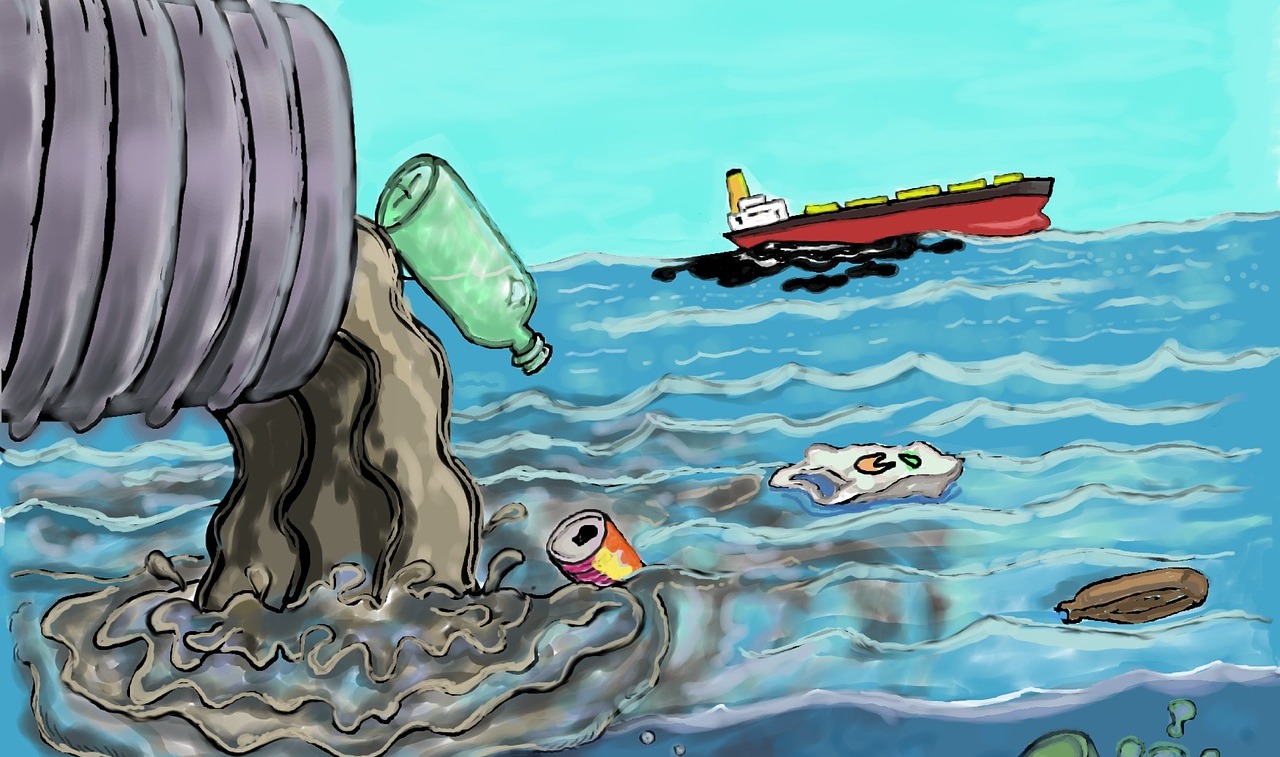“Hope in the City” tells the story of Vikram and his daughter Anita who are just heading home from the movies when a tornado – a weather phenomena they have never seen before – comes out of nowhere.
The devastation left by the tornado sets them off on a journey to learn how important nature is for their life in the big city and how they can work with and for nature to improve quality of life for their community.
Biodiversity and natural resources management needs to be strengthened through improved policy, governance and collective action.
In cities around the world, rapid and unplanned urbanization has led to environmental degradation. Biodiversity provides ecosystem goods and services and benefits such as flood control, water security, food security, improved public health, pollination, climate change mitigation, pollution abatement and livelihood generation. Loss of biodiversity, particularly in urban areas has cascading and far reaching consequences, exacerbates the climate crisis, and is increasingly listed by experts as a leading global risk.
In order to tackle the biodiversity and climate crises head on, cities around the world have to rethink and redesign how they treat and incorporate their natural infrastructure into the urban landscape. Biodiversity and natural resources management needs to be strengthened through improved policy, governance and collective action.

The comic book “Hope in the City” personalizes this message. The reader learns alongside Vikram and Anita about the need to conserve urban biodiversity and the significance of nature based solutions in the wake of climate change.
We see the real change that nature brings to their lives as they build a tank to harvest rainwater, bringing clean running water into the house, and plant an organic vegetable garden on their roof.
These nature based solutions simultaneously provide human well-being and biodiversity benefits and help build resilience to climate change as well as other threats.
Related Articles: Sustainable All Year Round | What the Mangrove Tells Us
But Vikram and Anita are not the only characters we meet. On a small island in the great delta region, 100km away from the big city, Mou and her husband are just getting by. The delta region is full of farms and fisheries that supply food for the big city but are struggling in the face of climate change.

“Hope in the City” shows us how deeply cities and nature – even the bountiful biodiversity out in the great delta region – are interconnected.
Read the full story here.
—
“Hope in the City,” developed by ICLEI South Asia in association with Bee Ideas, was produced as a part of the INTERACT-Bio project which is supported by the Federal Ministry for the Environment, Nature Conservation and Nuclear Safety, Germany (BMU).
Through the INTERACT-Bio project, the comic book will be shared with local governments in India. It will also be available for the visitors at the Nature Interpretation Centre which is under development in Kochi as a part of the INTERACT-Bio project.
—
About the Authors: Dana is a communications professional who has worked with international organizations in Guatemala, Germany, the U.S. and the U.K to help them craft and share stories that further their work. Subuhi Parvez is a communications specialist based out of New Delhi, India. She handles digital marketing and communications for ICLEI’s South Asia secretariat.
Editor’s Note: The opinions expressed here by Impakter.com columnists are their own, not those of Impakter.com. — In the Featured Photo: An illustration cover for ‘Hope in the City’ #Interact Bio. — Featured Photo Credit: ICLEI









